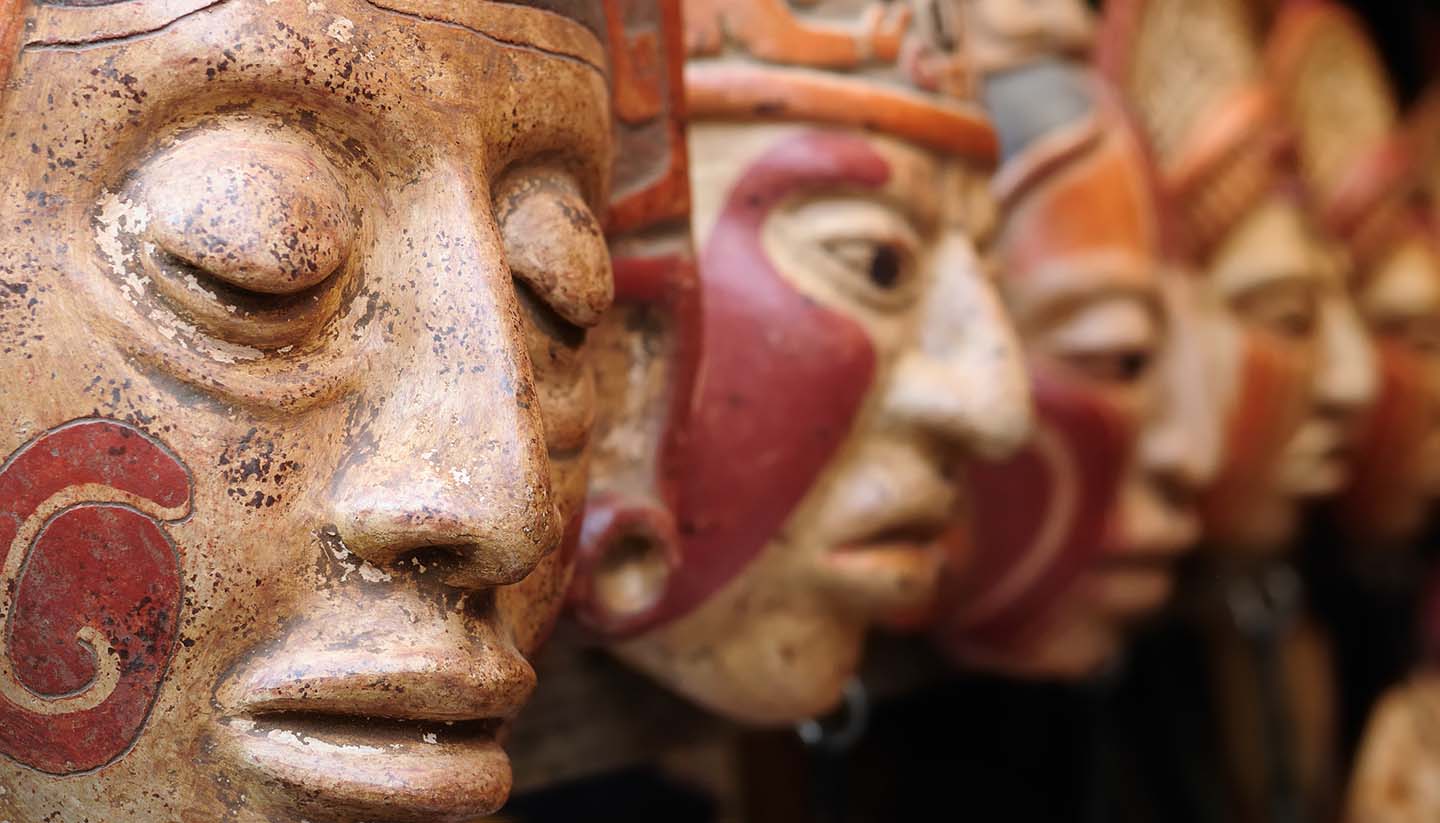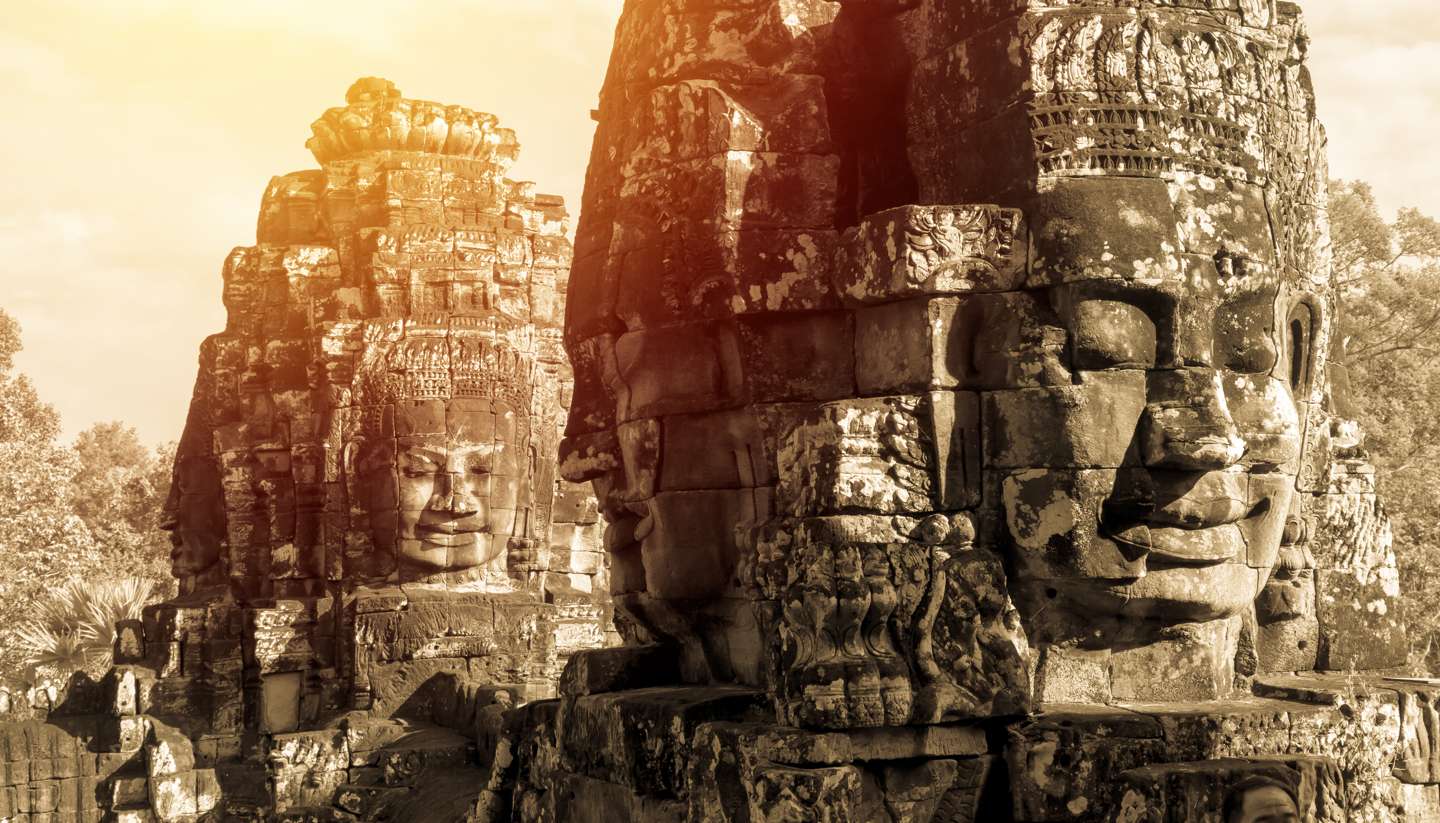Guatemala History, Language and Culture
History of Guatemala
Guatemala is steeped in Mayan history and many aspects of the ancient civilization have endured to this day. The Mayans were dominant through much of Central America from 2000 BC until the 15th century AD when the Europeans arrived.
The region was soon conquered by Spanish conquistador, Pedro de Alvarado, in 1524. It wasn’t until the early 19th century however, that the Spanish conceded independence to their American colonies, principally Mexico, into which Guatemala was briefly incorporated in 1822.
Guatemala enjoyed comparative stability, punctuated by brief periods of upheaval, under a series of dictators who were content to keep the country under a quasi-feudal regime underpinned by a small clique of land-owning families.
The government of Colonel Arbenz Guzman attempted various land reforms in the early 1950s, but was overthrown by a US-backed invasion led by military opponents. The country then slid into a state of almost perpetual civil war between a series of right-wing military governments and various leftist guerrilla movements.
Guatemala’s successful transition from military to civilian government began in 1985, when the new constitution was put into effect. The centre-right Partido Democracia Cristiana Guatemalteca (PDCG) formed the majority party in the new National Congress, staying in control until 1995 when they came up against serious challenges from the Plan por el Adelantamiento Nacional (National Advance Party, PAN), and the Frente Republicano – Guatemalteco (FRG).
A period of political musical chairs ended in 1995 with a FRG/PDCG coalition in control. Only then did the government admit that its predecessors, especially the Rios Montt regime, were responsible for massive human rights abuses. A UN-sponsored investigation concluded in 1999 that the army was responsible for 90% of the estimated 200,000 killings thaty occurred during the conflict. Efrain Rios Montt is currently standing trial for genocide.
The complicity of American governments in the counter-insurgency campaign was also highlighted, and drew an apology from US president Bill Clinton. In recent years, Guatemalan politics has continued to be plagued by scandal, and in 2015, former President Otto Pérez Molina was forced to resign after evidence surfaced of his involvement in a customs corruption ring.
Widespread distrust of the political establishment led to the election of former TV comedian and first-time politician Jimmy Morale, who has promised to stamp out corruption. Just how he will go about that remains unclear.
Did you know?
• The name Guatemala is derived from an Indian phrase meaning ‘land of trees’.
• Though Spanish is the official language, it isn’t the only one: there are at least 21 Mayan languages, a couple of non-Mayan indigenous languages and Garifuna, which is spoken by communities on the Caribbean coast.
• Despite its relatively small size, Guatemala is home to 33 volcanoes.
Guatemala Culture
Religion in Guatemala
About 60% of the population are Catholic. Most of the remaining population are Protestant with a smaller percentage of the population having indigenous Mayan beliefs. Some indigenous communities hold services combining Catholicism with pre-Columbian rites.
Social Conventions in Guatemala
Guatemala is the most populated of the Central American republics and is the only one which is predominantly Indian, although the Spanish have had a strong influence on the way of life. Full names should be used when addressing acquaintances, particularly in business. Dress is conservative and casual wear is suitable except in the smartest dining rooms and clubs.
Photography: Locals are often suspicious of foreigners taking photographs, particularly of young children. Before approaching children for photos, or even just to talk to them, you should check with an an adult that this is acceptable. However, if you are in any doubt, refrain from doing so. You may be asked to pay a small amount of money to take photographs of both children and adults.
Language in Guatemala
The official language is Spanish which is spoken by 60% of the population. There are also 23 officially recognised indigenous languages.



